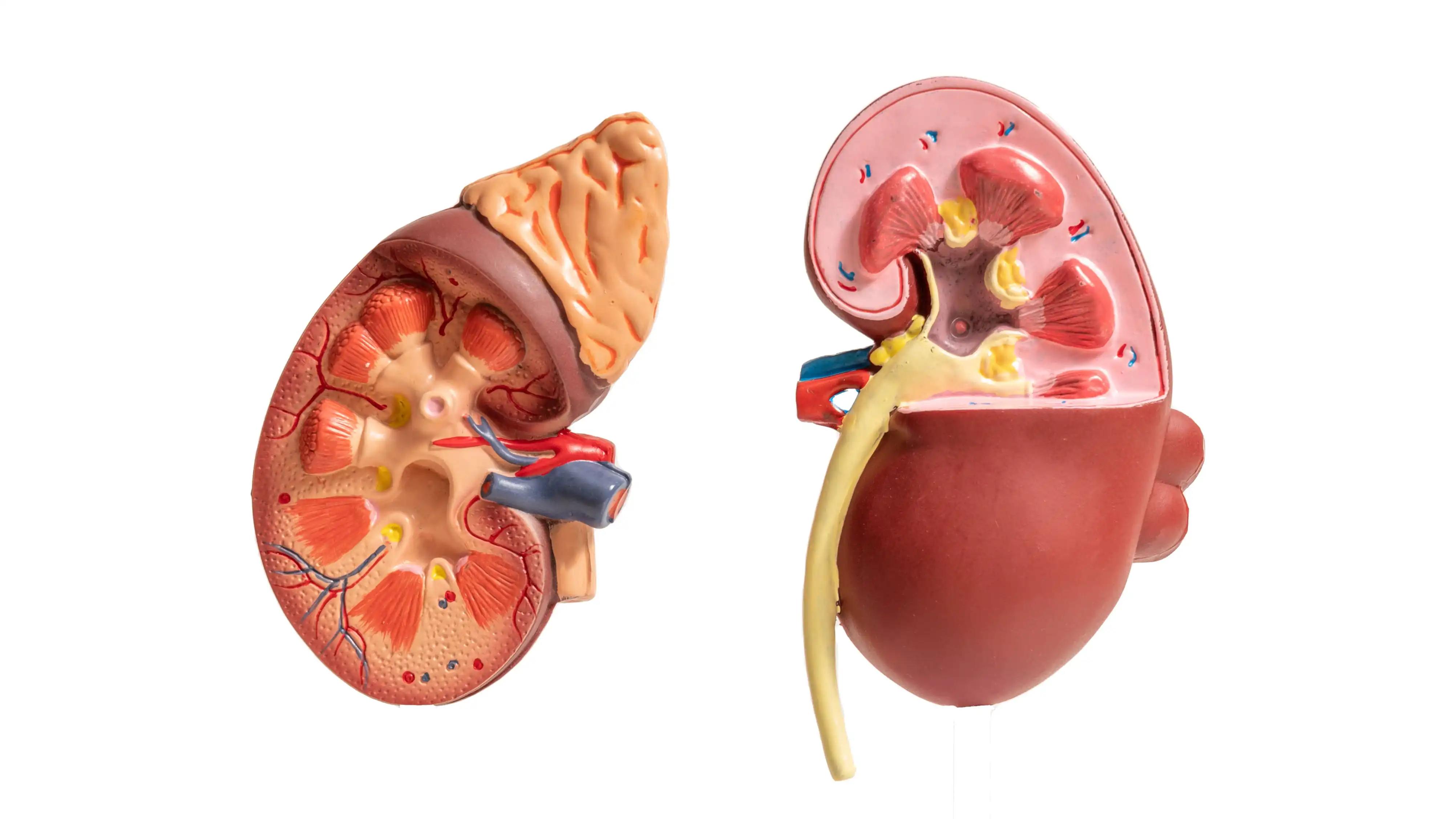KEY TAKEAWAYS
- The IMbassador250 phase 3 international trial investigated the addition of atezolizumab to enzalutamide for men with mCRPC who had previously progressed on abiraterone.
- Pre-treatment plasma samples from IMbassador250 were used for comprehensive genomic profiling using FoundationOne Liquid CDx to identify potential biomarkers for poor overall survival in patients with mCRPC.
- Elevated ctDNA tumor fraction (TF) was identified using a novel algorithm that incorporated aneuploidy and tumor-derived short variant signal. A pre-specified TF cutoff of ≥ 2% was defined as high.
- Patients with a high TF (≥2%) had significantly shorter overall survival compared to those with a low TF (<2%).
- In patients with a high TF, the detection of AR amplifications was strongly associated with less favorable outcomes, while individual AR mutations were not as strongly associated with overall survival.
It was found in the prospective multinational phase III trial IMbassador250 that adding atezolizumab to enzalutamide did not improve overall survival (OS) for males with mCRPC who had previously progressed on abiraterone. They postulated that ctDNA genomic biomarkers could help identify pts with a lower OS with second-generation innovative hormonal treatment.
Plasma samples from IMbassador250 were submitted for thorough genomic profiling with FoundationOne Liquid CDx prior to therapy (but after the advancement of abiraterone). Using a unique approach that considers aneuploidy and the signal from tumor-derived short variants, they were able to detect an increased ctDNA tumor fraction (TF). The TF threshold was set at less than 2% to be considered high. Based on the Simon Criteria, investigators pre-specified analyses, thresholds, and power analyses to establish a comprehensive prospective-retrospective biomarker statistical analysis strategy.
There were 494 assessable baseline plasma samples. Median OS for those in the TF high group [371 (74%)] was 11.0 months, compared to 22.1 months for those in the TF low group (HR 4.3, 95% CI 3.0 – 6.1, p 0.0001). (primary endpoint). Baseline PSA alone was found to have a lower performance to prognosticate OS (concordance [std error] of 0.65 [0.63 – 0.67]) compared to a model consisting of all evaluable baseline features including PSA, treatment arm, age, race, ECOG score, hemoglobin, alkaline phosphatase, albumin, number of metastatic sites, and sites of metastasis (0.71 [0.70 – 0.73] (0.76 [0.74 – 0.77]). Improved OS prediction when using TF in addition to all other relevant clinical features: p<0.0001.
Patient survival was poorer when AR amplifications were found (n = 203 [55%], HR: 1.4, 95%CI: 1.1 – 1.8), according to an exploratory study focusing on those with TF 2% (n = 371), although particular AR mutations were not significantly linked with OS. T878 ([25.3%], HR: 0.86, 95%CI: 0.65 – 1.1), H875 ([9.4%], HR: 0.71), W742 ([4.3%], HR: 0.59), and L702 ([16%], HR: 1.2, 95%CI: 0.88 – 1.7). When comparing patients who progressed on abiraterone to those who did not, those in the TF2% group fared better on enzalutamide. When added to other clinical variables, TF significantly improves prognosis in this situation, and its capacity to discriminate between patients is on par with that of all other available clinical features when predicting overall survival. As opposed to mutations, amplifications of the AR increase the strength of associations.
Source: https://meetings.asco.org/abstracts-presentations/217178
Clinical trial: https://clinicaltrials.gov/ct2/show/NCT03016312/
Sweeney C, Graf R, Fabrizio D, Yuen K, Wongchenko M,Gupta P, Hegde P, Oxnard G, Powles T. Circulating tumor DNA analysis of IMbassador250: Association of ctDNA fraction, AR alterations and therapy outcome in mCRPC. J Clin Oncol 41, 2023 (suppl 6; abstr LBA249)



